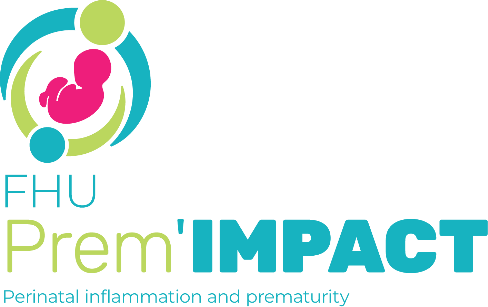Abstract
Background
This study aimed to investigate the health-related quality of life (HRQoL) at 5 years of age of European children born very preterm across multi-dimensional outcomes by presence and severity of congenital anomalies.
Methods
The study used data from a European cohort of children born very preterm (<32 weeks of gestation) and followed up to 5 years of age (N = 3493). Multilevel Ordinary Least Squares (OLS) regression were used to explore the associations between the presence and severity of congenital anomalies.
Results
The mean total PedsQL™ GCS score for children with a mild congenital anomaly was lower than the respective value for children without a congenital anomaly by 3.7 points (p < 0.05), controlling for socioeconomic variables only; this effect was attenuated when accumulatively adjusting for perinatal characteristics (3.3 points (p < 0.05)) and neonatal morbidities (3.1 (p < 0.05)). The mean total PedsQL™ GCS scores for children who had a severe congenital anomaly were lower by 7.1 points (p < 0.001), 6.6 points (p < 0.001) and 6.0 points (p < 0.001) when accumulatively adjusting for socioeconomic, perinatal and neonatal variables, respectively.
Conclusion
This study revealed that the presence and severity of congenital anomalies are significant predictors of HRQoL outcomes in children born very preterm
